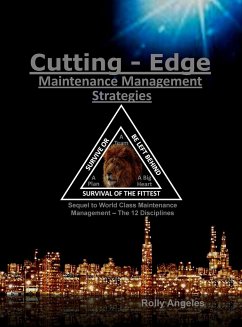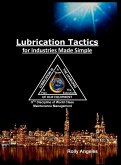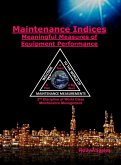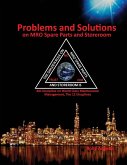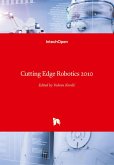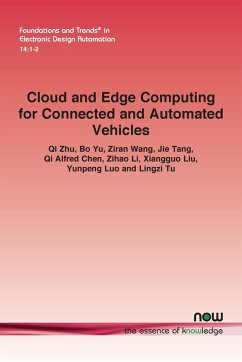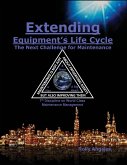This is the 4th of a series of books on World Class Maintenance Management covering these cutting-edge maintenance management strategies. This book also explains the deeper meaning of reliability and why achieving world-class reliability is more challenging than achieving a world-class maintenance level. Every industry needs to survive its business and competition by applying the correct maintenance and reliability practices to its equipment and assets. Here are just some of the highlights of this book: - Why Maintenance Cannot Improve Reliability - Changing the Maintenance Culture - The Concept of Life Cycle for Industries - The Importance of Life Cycle Costing in the Reliability Strategy - The Concept of Early Equipment Management - Cost Cutting the Wrong Way to Save on Maintenance Costs - From World Class Maintenance to World Class Reliability - The Need for a Structured Asset Management System ISO 55001 - Extending the Life Cycle of Equipment - Can Failures and Breakdowns be Totally Eliminated? - Why Reliability is Everybody's Responsibility - Precision Maintenance Explained - Requirements for Precision Maintenance - Other Applications of Precision Maintenance - Why are Operators Important in the Reliability Strategy? - What Empowerment can do to Operators? - Selecting the Correct Interval for Maintenance Tasks - The Need for Spare Parts Management - The Most Important KPI in the Storeroom - Step-by-Step Activities to Improve your Storeroom - Point by Point Comparison between RCM and TPM - Requirements for TPM JIPM Certification - Are Industries Ready for Maintenance 4.0? - Reliability in All its Simplicity is Difficult but Possible to Achieve When I first published my first book on World Class Maintenance Management, the 12 Disciplines, in 2009, I thought I have written everything to achieve a level of World-Class Maintenance Management. Industries must understand that having World Class Maintenance is very different from achieving World-Class Reliability and why the latter is much difficult to achieve. There are also many developments and changes today in maintenance that we need to adopt. Writing this book is not only for the readers to understand the new trends in maintenance but also for them to understand the reason for using them. These strategies must be adopted by industries for their own advantage because, in today's phase, the law of the jungle applies, and that is, survive now or be left behind.
Hinweis: Dieser Artikel kann nur an eine deutsche Lieferadresse ausgeliefert werden.
Hinweis: Dieser Artikel kann nur an eine deutsche Lieferadresse ausgeliefert werden.

